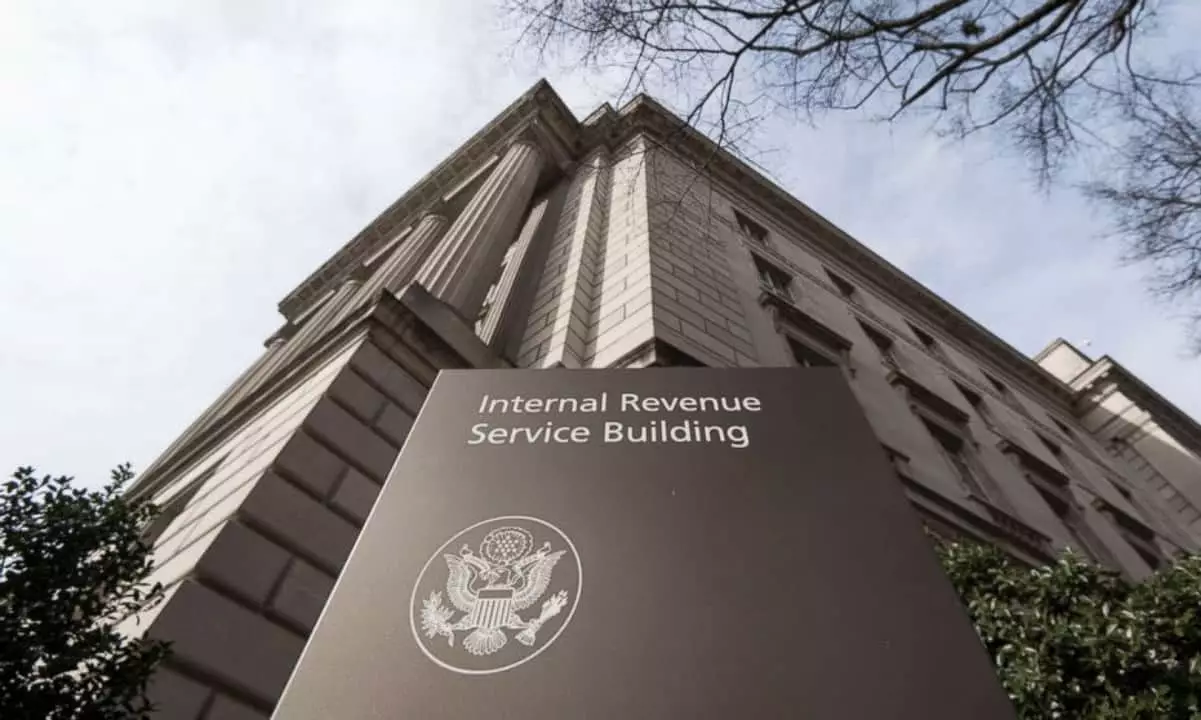In a new ruling, the Internal Revenue Service (IRS) has declared that staking rewards obtained by U.S. cryptocurrency investors should be included in their gross income. The IRS considers cryptocurrencies as property for federal income tax purposes, and therefore, rewards acquired through the Proof-of-Stake consensus mechanism fall under taxable income. This decision has significant implications for crypto investors and the broader crypto community.
Gross Income and Staking Rewards
The IRS states that taxpayers must include the fair market value of their staking rewards in their gross income as soon as they gain control of the crypto assets. This means that like rent, royalties, and compensation for goods and services, staking rewards should be recorded as part of an individual’s overall income. The fair market value of the rewards is determined at the time the investor gains control of the assets.
Impact on Crypto Exchanges and Miners
Crypto exchanges that offer staking services have been particularly affected by this ruling. Some exchanges have already shut down their staking offerings due to the increased regulatory scrutiny. In February, the U.S. Securities and Exchange Commission (SEC) charged Kraken, a prominent crypto exchange, with offering unregistered securities through its staking services. As a result, Kraken agreed to terminate the service and pay a significant penalty.
Crypto miners who receive cryptocurrencies as payment for goods and services are also subject to the new ruling. They must include the fair market value of their assets in their gross income for the taxable year. This means that miners need to carefully track and report their crypto earnings to ensure compliance with tax regulations.
The IRS’s decision aligns with its broader approach to regulating crypto-related activities. By applying general tax principles to property transactions to crypto transactions, the agency aims to ensure that individuals do not evade their tax obligations. The ruling acknowledges the growing popularity of staking as a method of validating transactions on the blockchain and obtaining rewards.
The SEC has also played a significant role in regulating staking activities. The Commission has filed a lawsuit against Coinbase, a leading crypto exchange, accusing it of offering an unregistered security through its staking-as-a-service product. The case is ongoing, highlighting the heightened regulatory focus on staking and its associated financial implications.
The IRS ruling that staking rewards must be included in gross income for U.S. cryptocurrency investors marks a significant development in the regulation of crypto assets. This decision reinforces the need for individuals to accurately report their crypto earnings and comply with tax obligations. As the crypto industry continues to evolve, it is essential for investors, exchanges, and miners to stay updated on regulatory changes to ensure adherence to the law.

